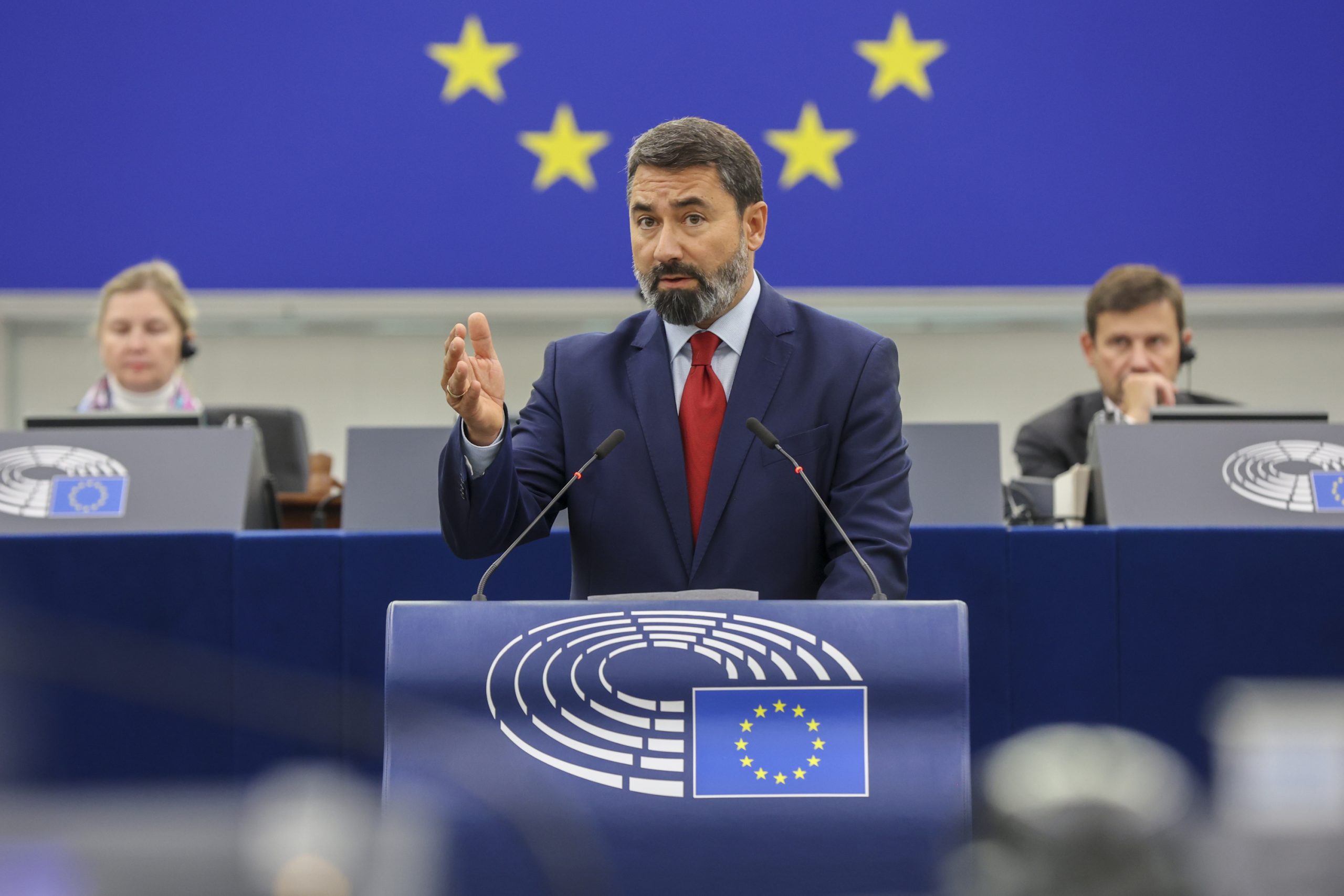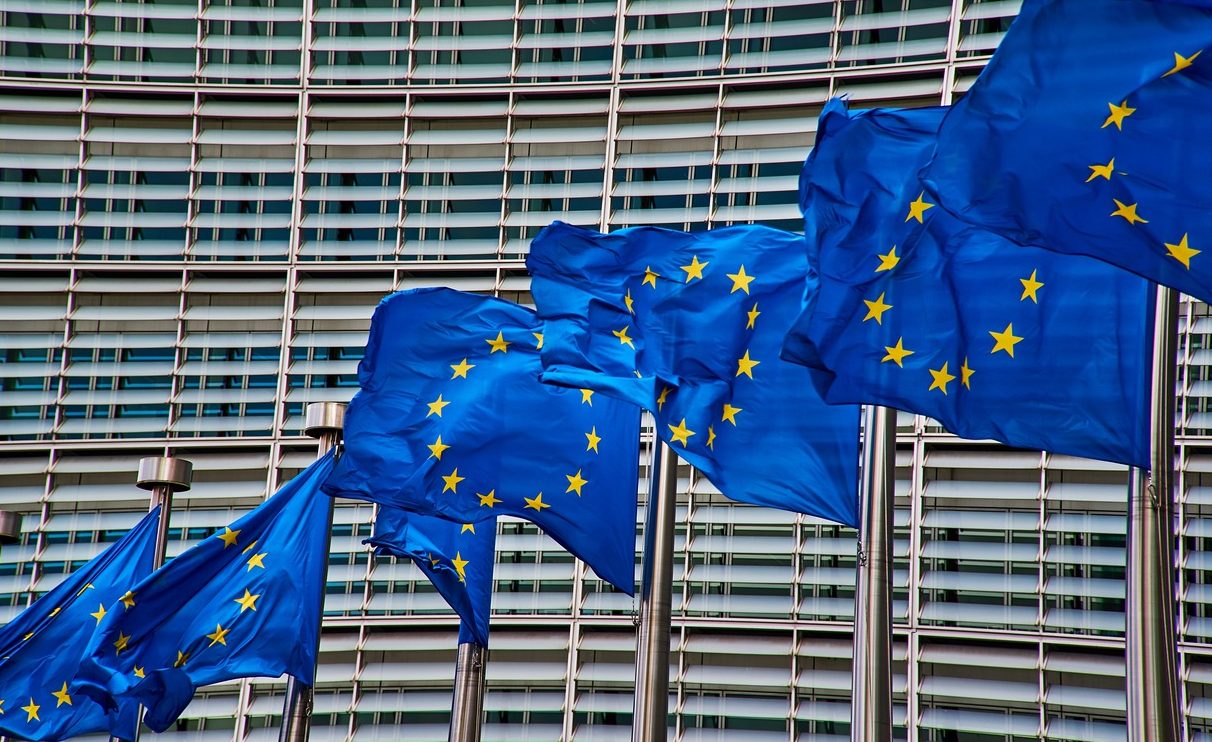
The European Parliament is very seriously detached from the electorate and from external control, the politician believes.Continue reading

Hungary and Poland have both received plenty of criticism in the European Commission’s latest rule of law report. In our case, progress was seen in one or two areas, while in the case of Poland, nothing. The Hungarian government thinks the report is devastating, reports Világgazdaság.
The European Commission has published its latest, now fourth, rule of law report, and its opinion on Hungary’s performance was not good: the ratio of satisfied to negative items was two out of six. The report, the details of which were leaked before official publication, has contributed to the Hungarian currency, the forint’s, volatility in trading, as Brussels withholds huge sums of EU money to Hungary on rule of law grounds, which Budapest says are in fact a cover for political controversy.
Presenting the report, European Commission Vice President for Values and Transparency, Vera Jourová, said in general terms that the European Union is a stable democracy and that the findings of the report do not show a significant deterioration in the rule of law situation in the Member States. She added that the report “has become a key driver for change and forward-looking reforms,”
as 65% of last year’s recommendations were fully or partially implemented by Member States.
Despite this, further action is needed to improve the rule of law situation, as “systemic concerns remain in some Member States,” notably regarding the independence of the judiciary, corruption, and the media.
These are precisely the issues around which criticisms of Hungary have been leveled. In a swift reaction, the Government Information Center stated that “another report from Brussels attacking Hungary has once again confirmed that despite the fact that we have fulfilled all our commitments and are in constant consultation with the European Commission, the pressure continues.”

Photo: Pixabay.com
The government opinion is summed up as follows:
Hungary is under attack because we do not join the pro-war ranks.”
It goes on to say that “we do not want migrant ghettos. We refuse to abolish the cuts in utility bills. We dare to ask the European Commission where all the money that was given to Ukraine is. Did they give the Hungarians’ money to them?”
In the section of the report dealing with Hungary’s affairs, judicial reform and changes to the president of the Curia are listed as positive changes, but there are three times as many concerns and criticisms. These concerns, in order: lobbying and asset declarations, corruption, media authority, press freedom, press advertising by state-owned enterprises, obstruction of the work of NGOs.
The latter is the most extensive point, because it refers back to the multi-layered debate between the various bodies of the European Union and the Hungarian government. The rule of law conditionality procedure, the Article 7 procedure, the commitments made for Recovery and Resilience Facility money, the judiciary, corruption, checks and balances, and the country-specific recommendations made to Hungary during the European Semester are all discussed here.
The current report, after all the negatives listed, also makes suggestions, which of course are relatively easy to guess.
The transparency of the allocation of cases in the courts should be improved, the asset declaration system further developed, corruption pursued more vigorously, the media authority and the public media should be made independent, state press advertisements should be spent transparently and equally, and all obstacles should be removed to the work of civil society organizations.
Poland has also taken its share of criticism, with the independence of the judiciary being the biggest concern for the European Commission. The body added that the 2018-2020 anti-corruption program has no follow up, and the freedom of the press and freedom of expression are in poor state.
In the case of the Poles, there are not even a few positives, with only one item with the “moderate improvement” label attached, regarding the activities of local ombudsmen.
The other six items were clearly negative and entailed similar recommendations to those addressed to Hungary. Brussels is also withholding EU funds from conservative-governed Poland, which is preparing for elections.
Poland and Hungary fought side-by-side during the #EUCO against mandatory migrant quotas. Creating pull factors will only make illegal #migration worse. We will continue to defend our borders! pic.twitter.com/vteZ99F9cW
— Orbán Viktor (@PM_ViktorOrban) June 30, 2023
Commenting on the European Commission’s rule of law report, Fidesz MEP Balázs Hidvéghi said in a statement on Wednesday: “The European Commission should deal with the rule of law problems of the EU institutions, especially the most serious internal corruption scandal in Brussels of all time, instead of lecturing Member States.”
He stressed that
the report applies double standards, because it is based on false findings of civil society organizations and is therefore not suitable to paint an unbiased picture of the rule of law situation in the Member States.
The MEP added that Brussels should first address the corruption scandal that has been going on for months and answer the question of how EU budget money has been spent.
Featured image: European Commission